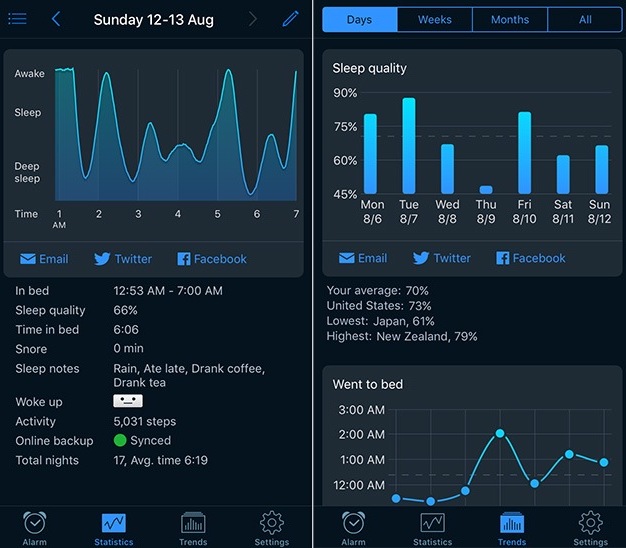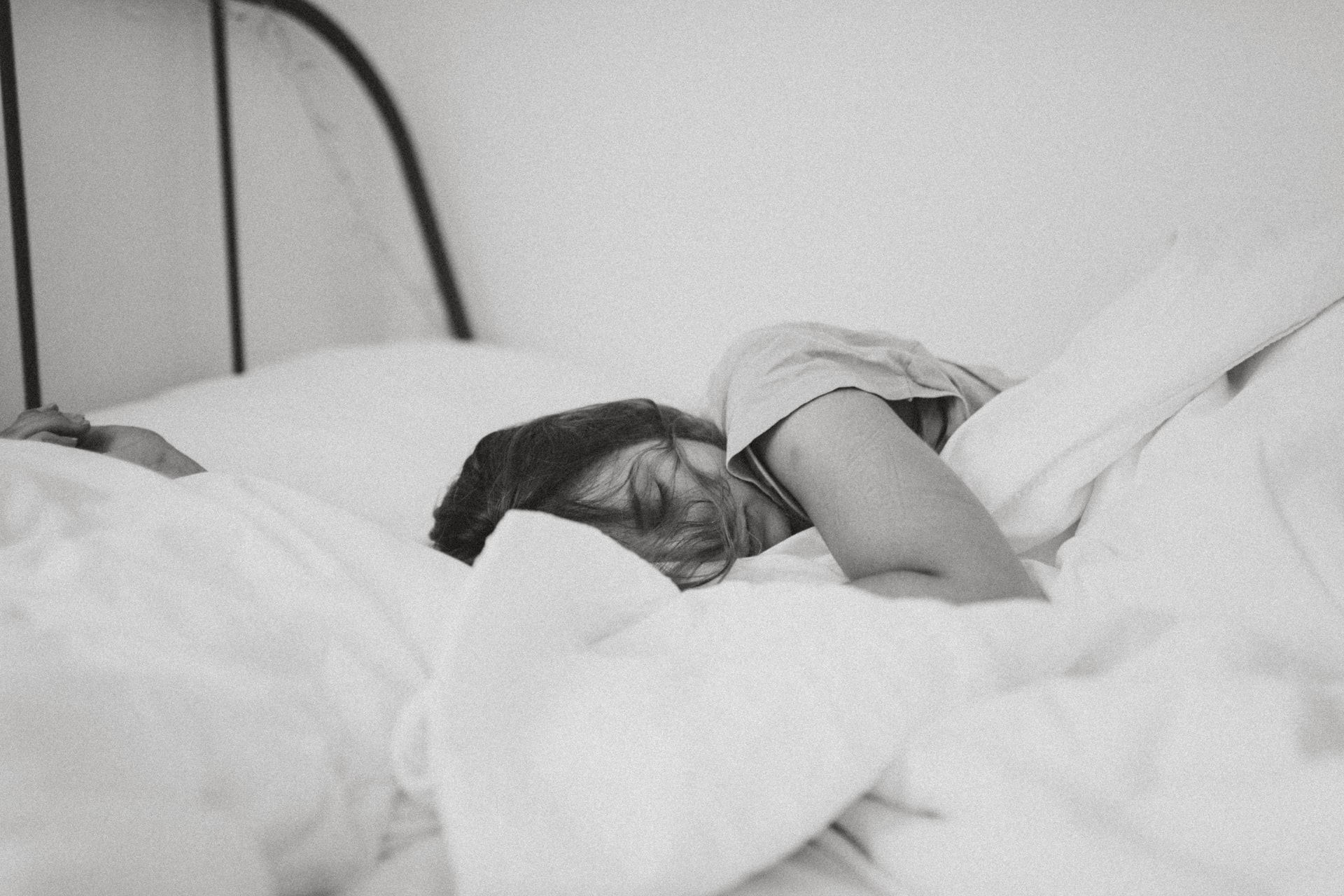The last decade has been a very technological one. Wearable technology has become a massively successful industry. Many wearables have been revolutionary in terms of how they influence our ability to perform. Many companies have grown out of effective technology being delivered in a very practical and accessible way.
Sleep is by far one of the most powerful processes in our body. It is the king of recovery and we have covered this in a recent article.
The Best Recovery Method of them all. Sleep!
As it is so established as having a detrimental impact on performance and recovery it has become the focus of many scientists and tech companies. The research into sleep has been extensive but not complete. We understand how it works but have few ways of assessing it. This has created a huge demand which many companies have looked to fill.
There are many wearable devices now marketed and designed to track sleep. The problem is how do you track sleep. How does one track brain activity and do so cheaply enough to be affordable and accessible to the mass market. Many of the current devices have decided that motion is the key. If we are inactive at sleep then there will be no motion during. If the devices record our motionless periods then it can be assumed as sleep. While this is a suggestion, it is extremely weak. Some people toss and turn in sleep but are asleep. The argument is that this motion suggests poor sleep but that is not always the case.
For an individual this data may be very interesting and something they stress about. Anecdotally sleep statistics do cause an individual to stress about sleep. They become concerned over either the amount or quality of sleep they are getting as they understand its importance. The result is quite obviously going to be heightened stress when going to bed. Individuals simply become stressed and nervous about the sleep they need to get. This stress creates a cascade of hormonal responses which completely undermine sleep drive.
The psychological impact of sleep tracking and poor sleep data is tremendous in the effect it has on our subsequent ability to get to sleep and stay asleep. When individuals wake at night they automatically look to check how their sleep is going. They want feedback. The simple action of checking a screen will cause retinal stimulation which once again undermines sleep drive.

These are the main reasons of why I would not recommend a sleep tracker. The reality is there is very little science to validate them. In many cases these sleep sensors also detect heart rate variability. This is quite well established and validated. Quite often the sleep tracker device marketing uses these reports, vaguely suggesting the validation is for sleep data. In many cases it is not and it is up to the user to investigate what the accuracy claims are relating to.
In summary while sleep is a huge factor to be managed, and it is an area for great potential, the current science is in its infancy. Simply put, right now sleep trackers are not accurate enough to warrant spending money on. There are many areas and wearables which currently offer more beneficial functions. It is very easy to be convinced by clever marketing especially when something shows promise. When purchasing wearables, a good rule of thumb is to look at what is being used in research studies. Any technology that is being used to collect data in research will be validated in order for the study to have any weight and truth. Devices that are still being developed will not be used in studies apart from ones which are testing their validity. If they are at that stage then they are not worth spending the money on yet.
The above is a summary of my opinion on sleep tracking devices. This has been based on the information coming from experts in the field of sleep. I am not interested in technology for the sake of invention. I am interested in useful, accurate and reliable tools. I see two stages in a device lifecycle. One is in development, the other is as a valid tool. I am sure the technology will get to the point where it can be used to track sleep but at the moment I think the data it provides may be misleading and distracting.
Don’t forget to sign up to our newsletter for updates on new articles.
[yikes-mailchimp form=”2″]
